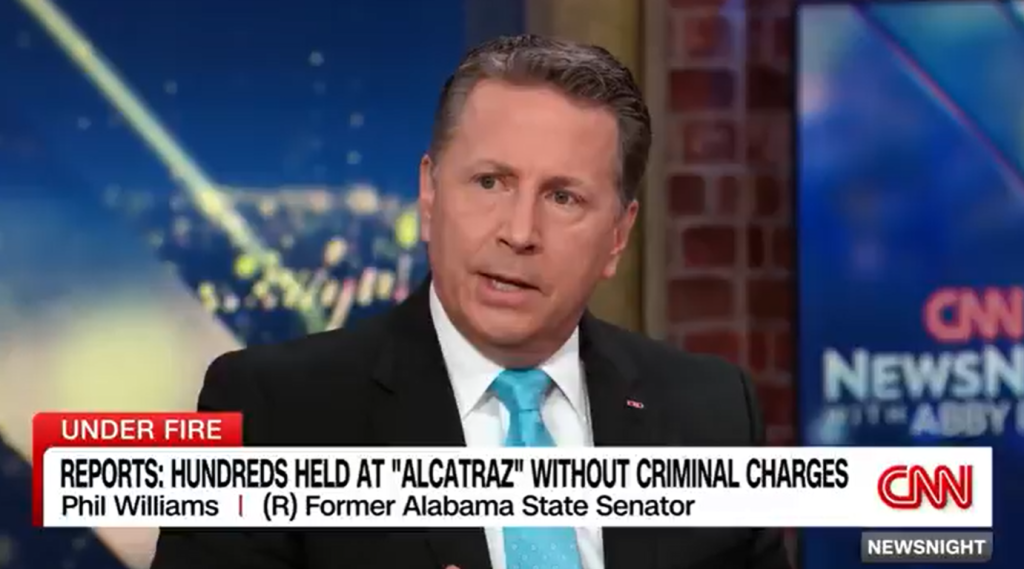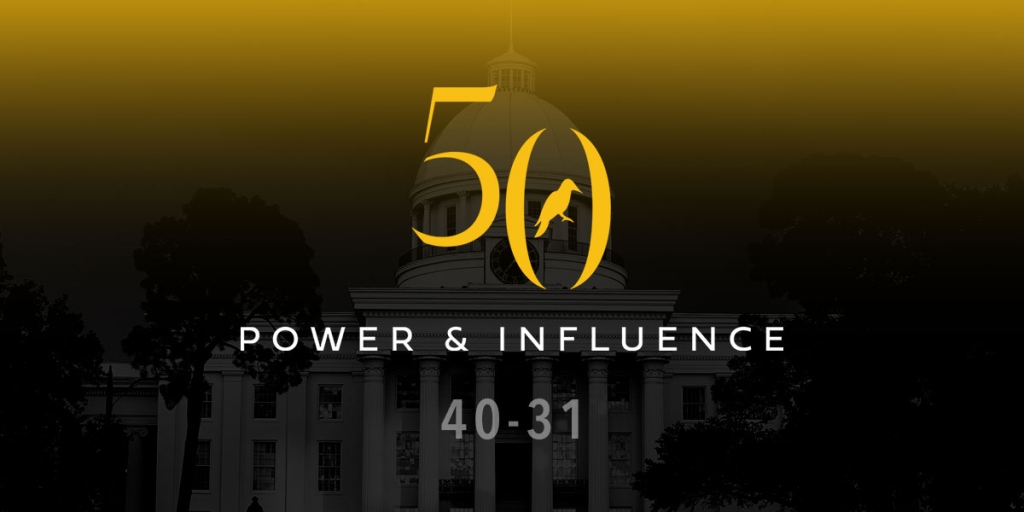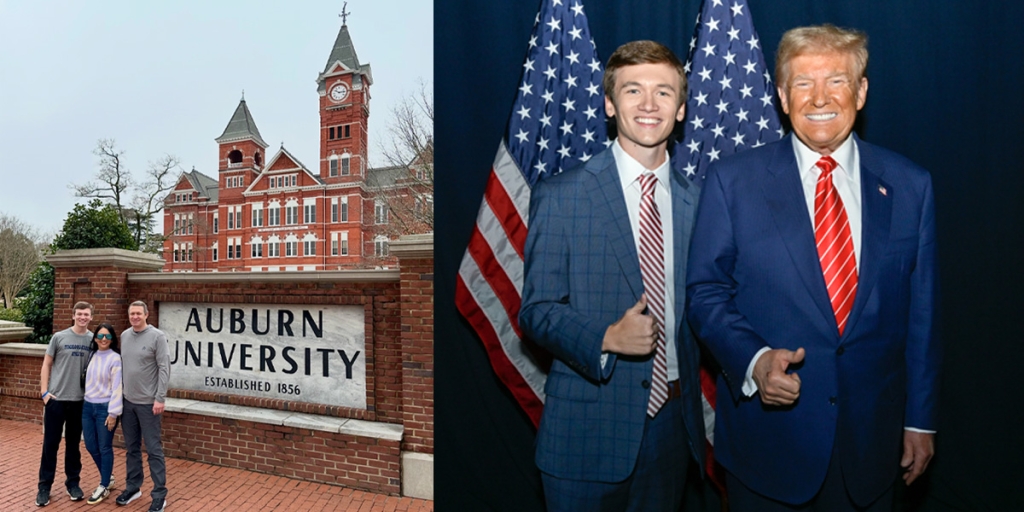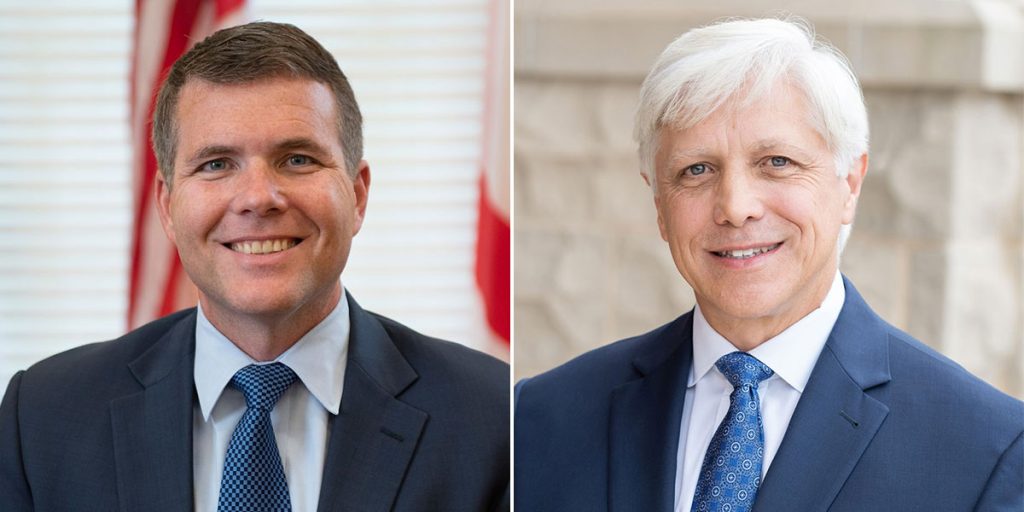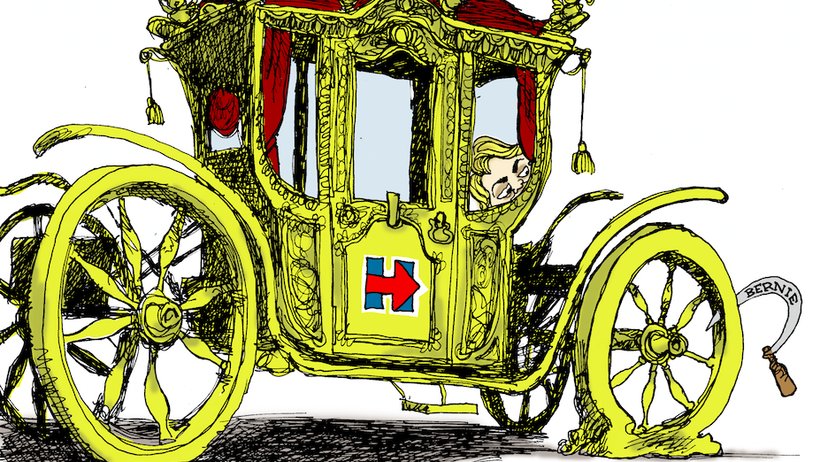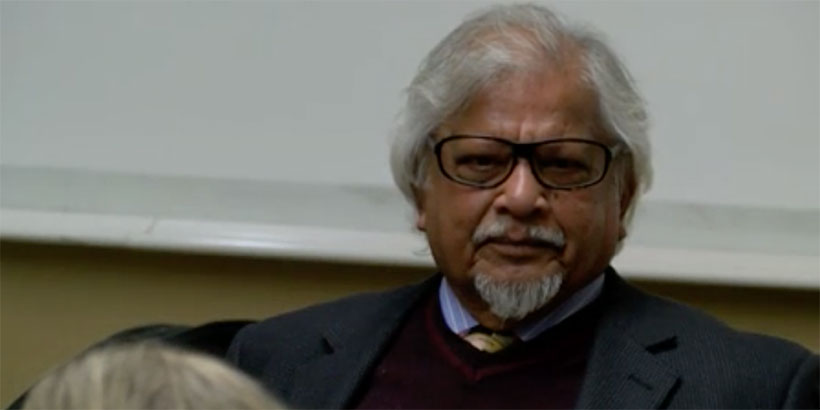
A living legacy visited Auburn University this week. Arun Gandhi, grandson of famous activist Mahatma Gandhi, was invited to speak on campus as part of the Auburn University Office of International Programs’ Year of India.
Gandhi said he enjoys speaking to the leaders of tomorrow about his grandfather’s mantra of non-violence, a topic that is particularly relevant in America today, even in Alabama.
Just a few months ago, for example, an Alabama detective was pistol-whipped by a violent suspect while a crowd of bystanders stood by posting photos on Facebook and Twitter with anti-police messages.
The Jefferson County District Attorney also expressed concerns that an alarming number of shootings are taking place in Birmingham over individuals “disrespecting” each other.
Gandhi remains optimistic, though, that his grandfather’s success can serve as inspiration to future generations.
“If people are willing to see the value of [non-violence] and make that difference, it can happen overnight,” Gandhi said. “When the people get up and say enough is enough, we can make a change very quickly. But, if people don’t get up, nothing is going to happen.”
Arun was born in South Africa in 1934.
Anger built up inside of him during his childhood as he faced racial prejudice. When it escalated into violence, his parents sent him to live with his grandfather in India. It was a life-changing moment in his life.
Arun explained to the students at Auburn that his grandfather taught him not to be ashamed of his anger, but to be careful how he used it.
He used the analogy of anger as electricity to illustrate his point. When used intelligently, electricity can be extremely useful, Arun explained. But if it is used incorrectly, it can be dangerous. Likewise, we should use our anger constructively instead of abusing it.
“We think we solve one problem, but we keep creating 10 more problems through the violence that we use,” Gandhi explained. “I’m hoping that someday we’ll wake up to the fact that this kind of a violent lifestyle is not good for civilized society.”
Andrew Gillespie, Auburn’s assistant provost for international programs, said Gandhi’s message struck a chord.
“When we invited Dr. Gandhi to speak on campus as part of the Year of India, we knew his topic would resonate with our community,” he said. “But as worldwide events unfolded we realized just how important his message of hope and peace in the face of turmoil and conflict truly is.”




